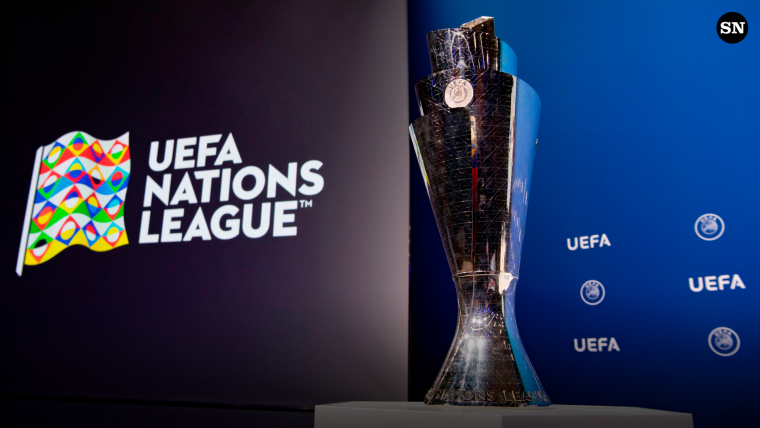The UEFA Nations League, a revolutionary international football competition introduced by UEFA, has breathed new life into the world of international football. Launched in 2018, the tournament has brought excitement, intensity, and competitiveness to the traditionally less captivating international friendly matches. This article explores the origins, format, and impact of the UEFA Nations League, highlighting how it has transformed the landscape of European football.
Origins and Purpose
The UEFA Nations League was conceived as a response to the growing dissatisfaction with international friendlies, which often lacked competitive edge and significance. UEFA sought to create a meaningful competition that would offer national teams more competitive matches while reducing the number of friendly fixtures on the calendar. The goal was to enhance the quality and entertainment value of international football, engage fans, and increase the stakes for participating teams.
Format and Structure
The UEFA Nations League features all 55 member associations of UEFA, divided into four leagues based on their national team rankings. The leagues are further divided into groups, with each team playing home and away matches against the other teams in their group.
The four leagues are as follows:
- League A: Comprises the highest-ranked teams, including Europe’s football powerhouses. The winners of the four groups advance to the UEFA Nations League Finals, competing in semi-finals, a third-place play-off, and the final to determine the champion.
- League B: Consists of teams ranked slightly lower, competing in a similar format to League A. The four group winners are promoted to League A for the next edition, while the last-placed teams in each group are relegated to League C.
- League C: Involves teams of lower rankings, competing to gain promotion to League B or avoiding relegation to League D.
- League D: Comprises the lowest-ranked teams, offering them an opportunity to progress and improve their standings.
Relevance and Impact
The UEFA Nations League has garnered immense interest and excitement among football fans worldwide. By providing competitive matches against similarly-ranked teams, it has revitalized international football, fostering a sense of purpose and determination among national teams.
The tournament also offers valuable opportunities for lesser-known teams to shine on the international stage, promoting diversity and inclusivity in European football. Countries that might not have qualified for major tournaments in the past now have a chance to make an impact and gain recognition.
Furthermore, the UEFA Nations League has a significant impact on the qualification process for major international tournaments, such as the UEFA European Championship (Euro) and the FIFA World Cup. The competition serves as an additional route to qualify for these prestigious events, increasing the chances for national teams to participate in elite competitions.
Conclusion
The UEFA Nations League has proven to be a resounding success, fulfilling its goal of enhancing the quality and importance of international football matches. Through its innovative format and competitive spirit, the tournament has captivated fans and players alike, elevating the prestige of international football.
As the UEFA Nations League continues to evolve, its impact on the sport will likely be far-reaching, enriching the footballing experiences of nations, promoting diversity, and cementing its status as a valuable addition to the international football calendar.



















Add Comment